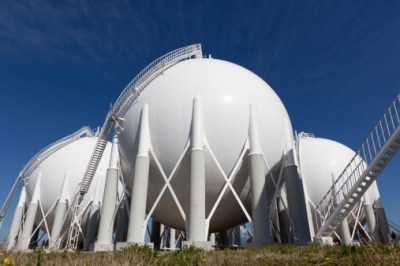Natural oil and gas (petroleum) are found below the Earth’s surface and are highly prized as sources of both fuel and as starting materials for many commercial products, including most plastics. Petroleum engineering is the application of chemistry, physics, math, geology, and engineering principles to discover a cost-effective way to identify promising areas for exploration, access this natural resource, and refine it into desirable products. Chemists in the oil and petroleum industry work with crude oil and the products derived from it.

The industry is divided into both “upstream” and “downstream” parts, depending on how far away from the well the work is. The upstream activities include exploration and production and the downstream activities include refining and marketing comprise the petroleum industry. This industry needs chemical engineers, organic, analytical, inorganic, physical chemists, biochemists, and geochemists, as well as experts in tracer chemistry, informatics, and more. Biochemistry is important in the production of oil because bacteria change the quality of oil over time, interfering with production and causing downstream corrosion problems and toxic hazards, for example. Inorganic chemists, organic chemists, analytical chemists, and chemical engineers all play a role in catalyst science, technology, and development, which is crucial for the petroleum and petrochemical industries.
There is a green side to petroleum chemistry as well. Complying with environmental regulations is essential to the industry, and scientists must always be aware of how a process or product will affect the environment, and how that impact can be minimized. Chemists are always looking for ways to replace existing refinery processes and products with cleaner, safer, and more efficient ones.
Typical Work Duties
- Develop more efficient ways of turning petroleum into automotive or aviation fuel
- Petroleum characterization, e.g., “fingerprint” oil leaked in a spill to trace its origin
- Monitor quality and increase production yields at existing sites
- Explore potential new sites for drilling activities
- Develop new products from petroleum feedstocks or improve feedstock blends
- Specialists in chemometrics use statistical and computer expertise to put install and use delicate lab instruments online under the hostile conditions of a refinery— including temperature extremes, vibrations from surrounding equipment, continuous operation, and locations that make monitoring difficult
- If you beloved this article and also you would like to get more info with regards to oil And Gas Production generously visit the webpag


